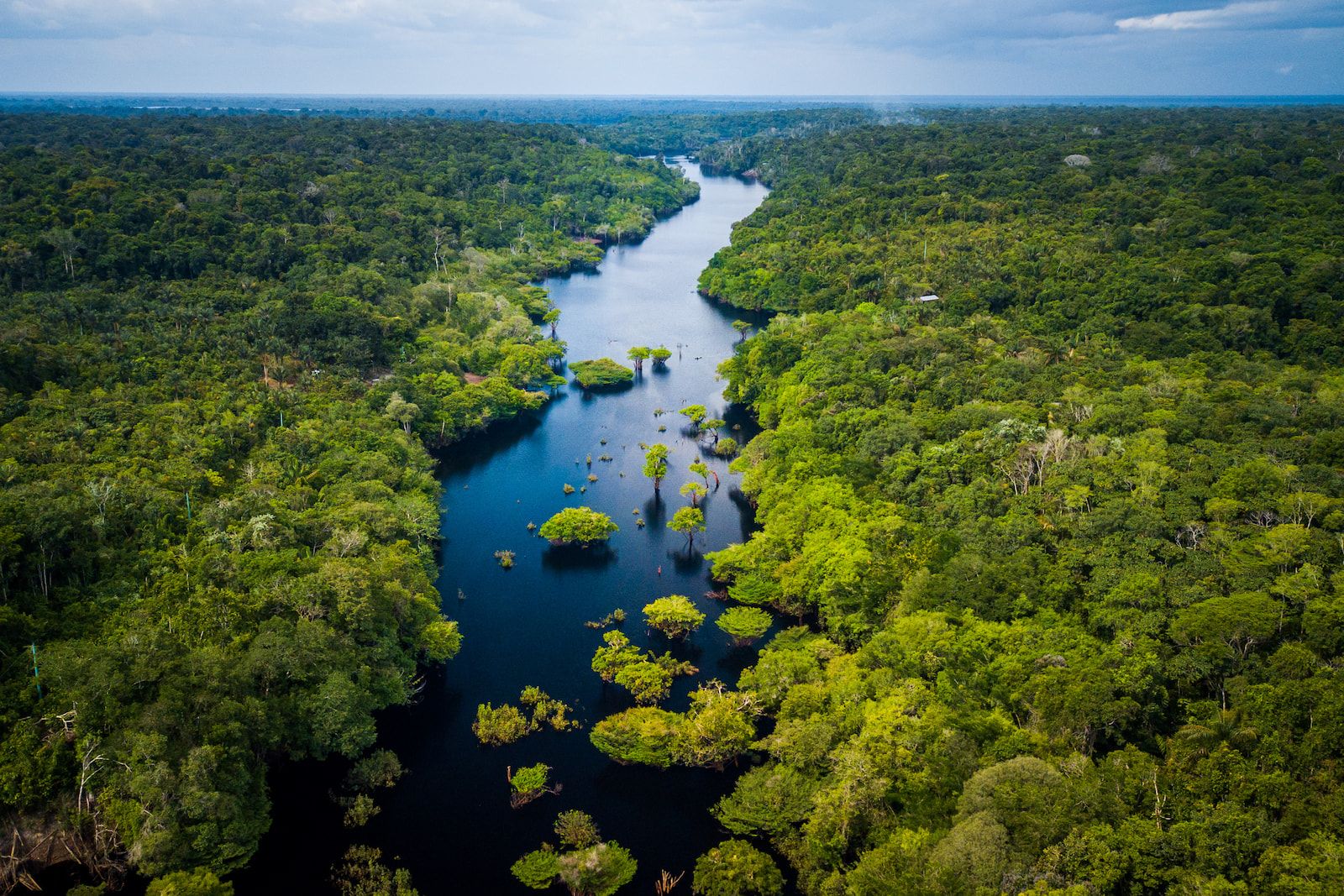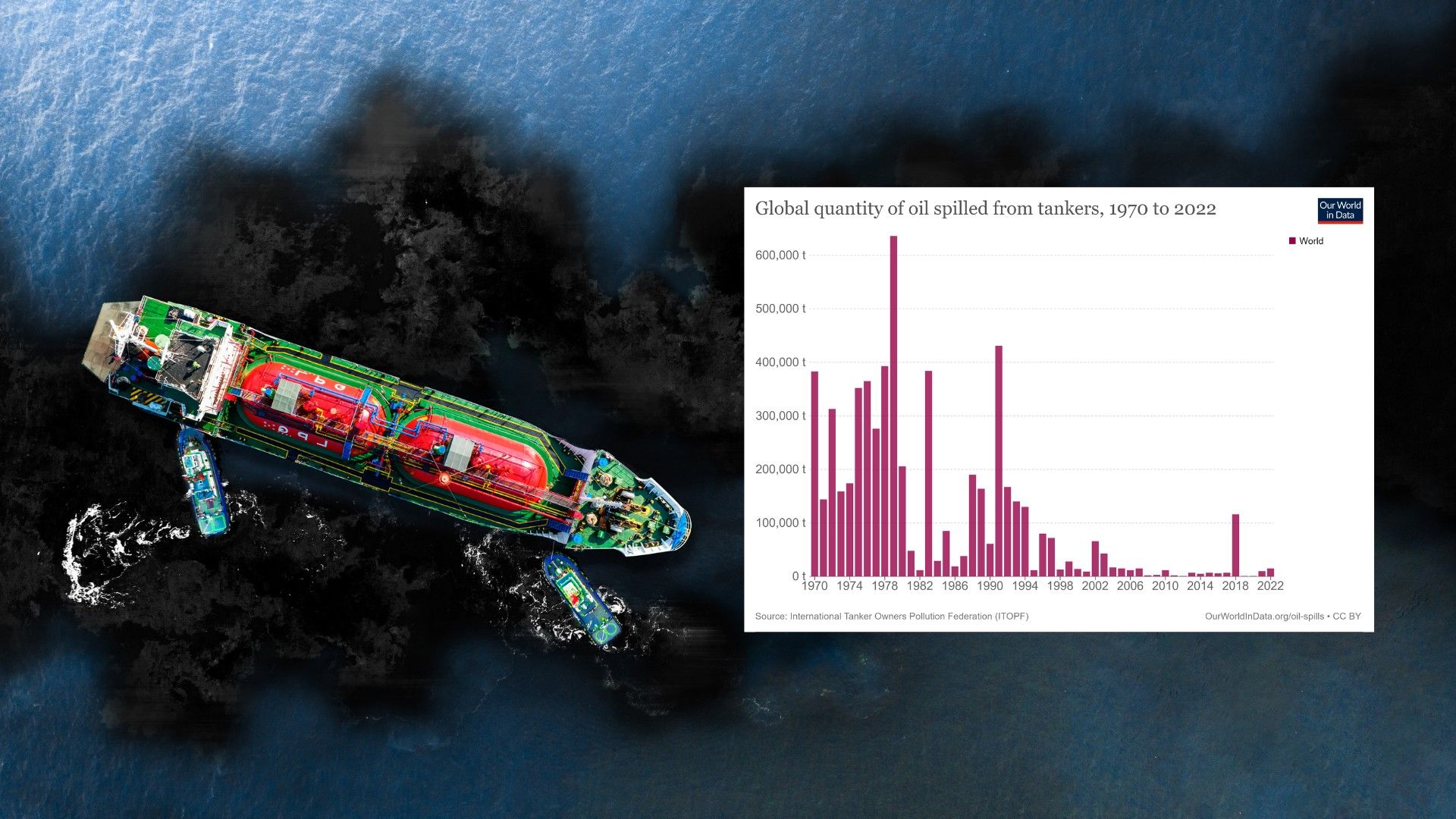Environment
🌳 Deforestation in the Amazon rainforest has decreased by a third
Deforestation in the Amazon decreased by 34 percent during the first half of the year compared to 2022. In July, the region entered a dry season with an increased risk for deforestation. Was the positive trend interrupted then?
🛢️ Significant drop in tanker oil spills
The number of oil spills from tankers has seen a significant decrease. Also the quantity of oil spilled has decreased dramatically.
🐬 Critically endangered porpoise on the road to recovery
The population of this critically endangered cetacean has risen from 1,012 to 1,249 over the past five years, marking a 23% increase.
🐠 Untouched coral reef discovered in the Galápagos Islands
A previously unknown and untouched coral reef teeming with marine life has been discovered off the coast of Ecuador's Galápagos Islands.
🐸 This frog is leapfrogging back
Miraculous comeback of harlequin frogs offers hope for other "extinct" species. Scientists discover the resurgence of species previously thought to be lost forever.
💡 We get more from less electricity and energy
PART 3: During the same period that Sweden's population increased by two million and the economy increased by 176 percent, energy use only increased by 25 percent.
🏭 24 of 26 air pollutants have decreased in Sweden
PART 2: Of the 26 air pollutants that the Swedish Environmental Protection Agency measures, 24 have decreased in absolute numbers during the period 1990–2018. At the same time, Sweden's population increased by roughly 1.6 million and the economy almost doubled.
💡 Optimist's Edge: Trees and agriculture can be combined
By cleverly combining trees with other useful plants, we can have an agriculture that benefits both the cultivator and the surrounding nature.
🍁 Redwoods grow new leaves to adapt to drought
The iconic redwood trees have started to grow new special leaves to handle the drought.








